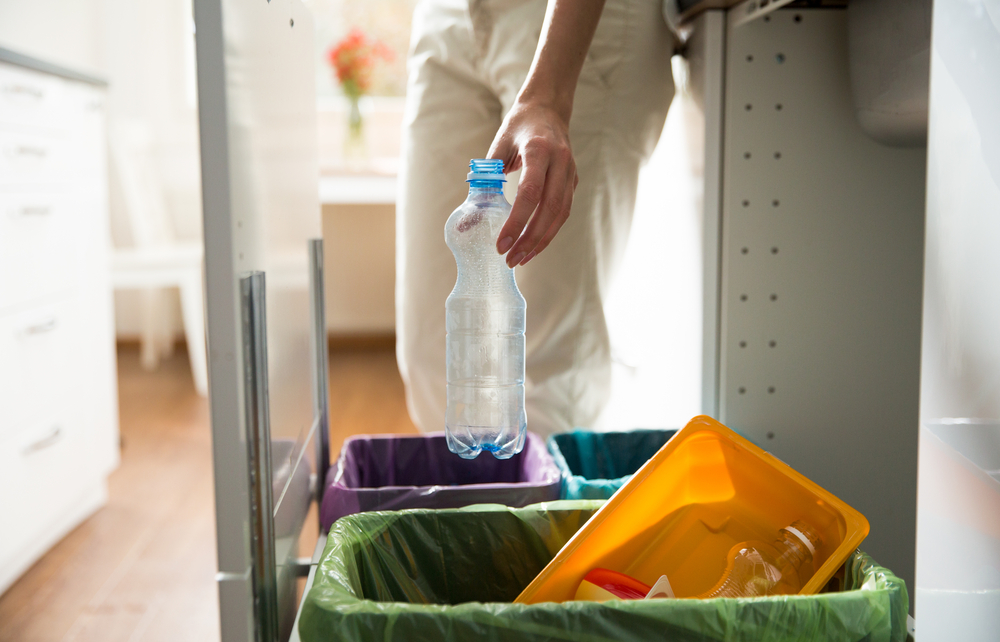Many people feel good about recycling, thinking they are doing their part to protect the environment. But not everything in your home belongs in the blue bin. In fact, putting the wrong items in your recycling can cause damage to machinery, contaminate entire loads, and slow down the process. Some things may seem recyclable, but they are not accepted by most facilities. To keep your efforts eco-friendly and effective, learn which common items you should never recycle.
Greasy Pizza Boxes
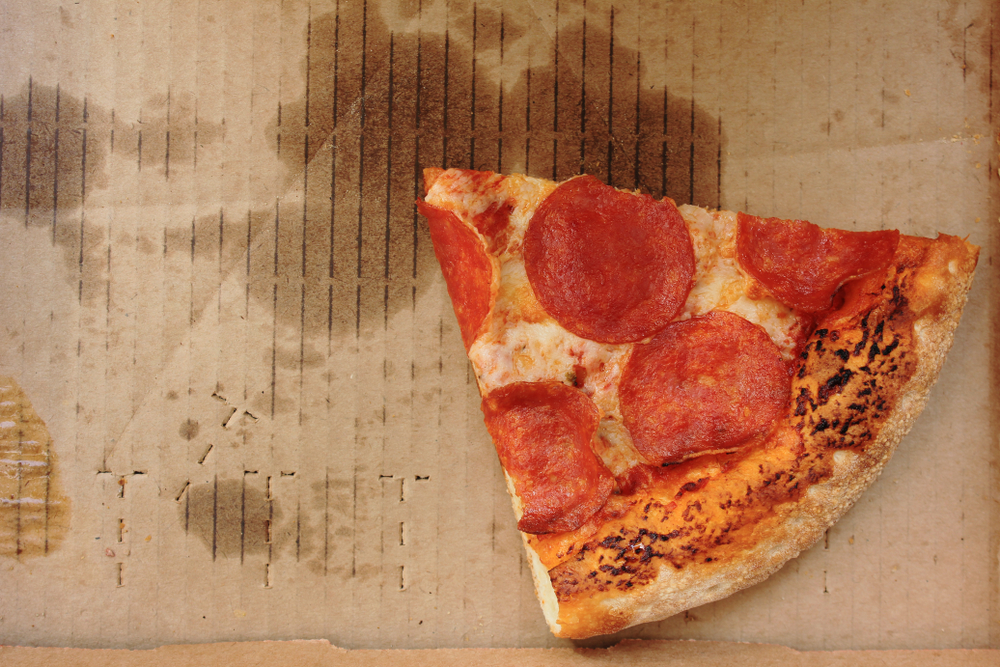
Cardboard may seem safe to toss in your recycling, but grease and food residue change that. Once oil soaks into the cardboard fibers, it becomes impossible to separate the paper from the contaminants during processing. Even if the top of the box looks clean, the greasy bottom half can ruin an entire batch. If you want to be cautious, rip off the clean lid and recycle that. The oily base should go in the trash or compost bin instead. This is a top example of what you should never recycle from your kitchen.
Used Paper Towels and Napkins
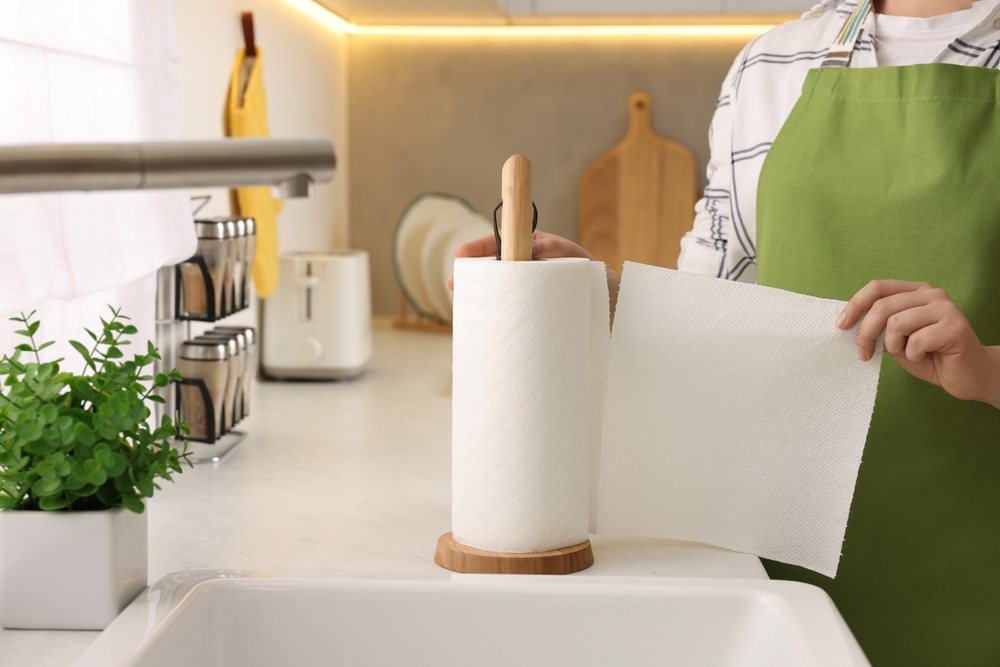
Paper towels and napkins are often made from already-recycled materials, and they degrade quickly. Once used, they become contaminated with dirt, food, or cleaning chemicals. Their thin fibers also break down too easily during recycling. Even if they seem clean, facilities cannot process them further. Toss them in the trash, or compost them if they are not covered in chemicals. This paper product is something you should never recycle even if it looks safe.
Plastic Bags and Film Packaging
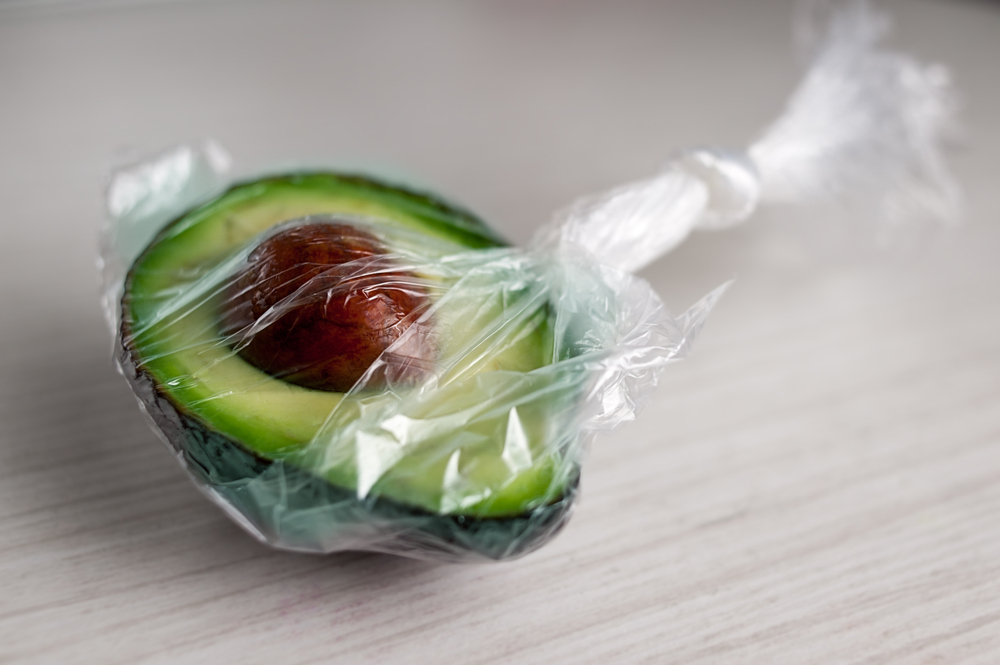
Plastic grocery bags, produce bags, and film wrap clog recycling machines. These soft plastics get tangled in the gears and cause breakdowns. While some stores offer drop-off bins for these materials, they should never go in your curbside bin. Bread bags, frozen food packaging, and bubble wrap all fall into this category. These are items you should always handle separately and never recycle with other plastics.
Broken Ceramic and Glassware
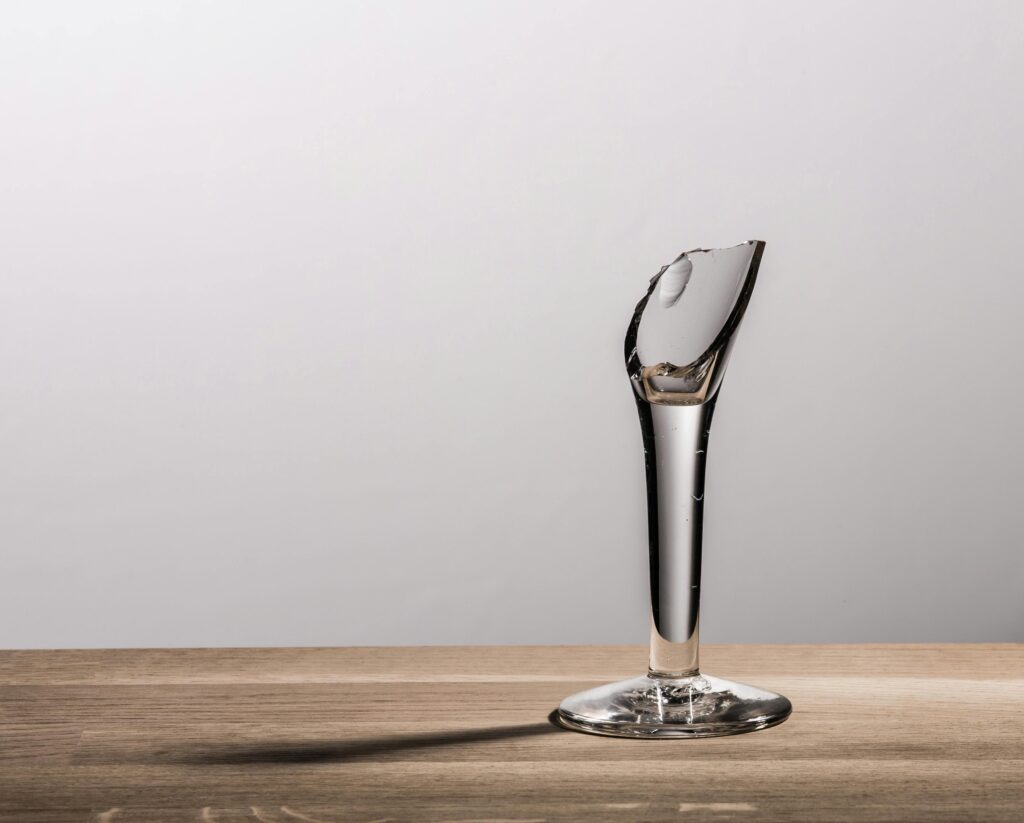
Ceramic items like coffee mugs and plates are made differently than regular glass bottles and jars. Their composition includes special materials that melt at higher temperatures, which interferes with recycling batches. Similarly, broken glassware such as drinking glasses or mirrors contains additives that regular glass recyclers cannot manage. These items should be disposed of carefully and are definitely things you should never recycle.
Shredded Paper
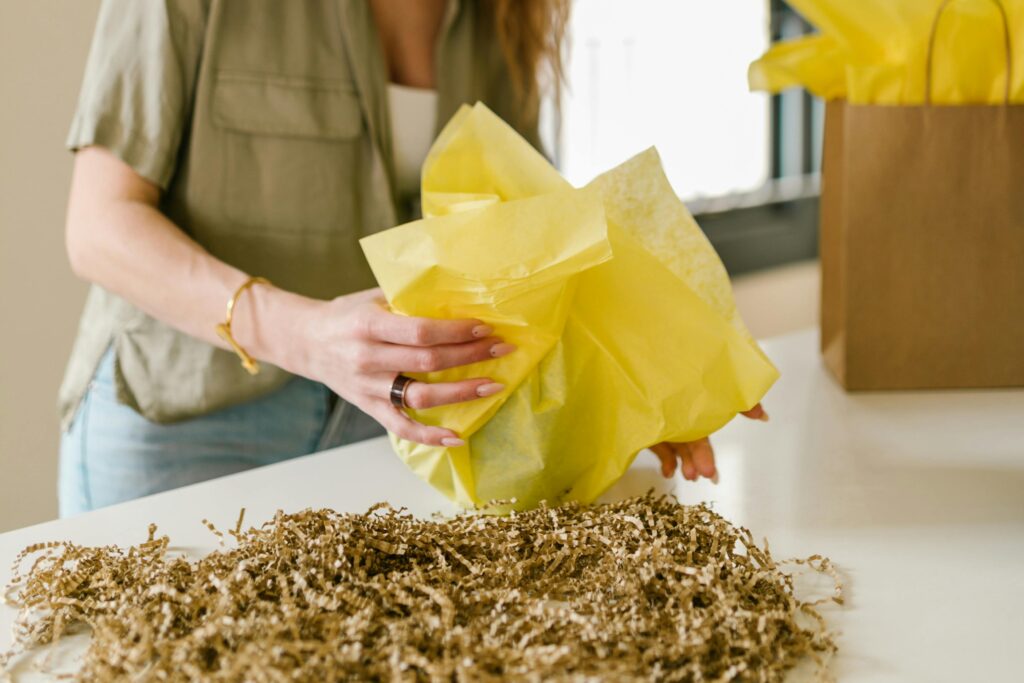
Though paper is normally recyclable, shredding it makes the fibers too short for reuse. The tiny bits also fall through sorting screens and become difficult to separate from contaminants. Most curbside systems are not set up to handle shredded paper. Some facilities accept it if it is bagged, but it is best to check locally. Unless you are certain it is accepted, treat it as a material you should never recycle.
Wet or Moldy Cardboard
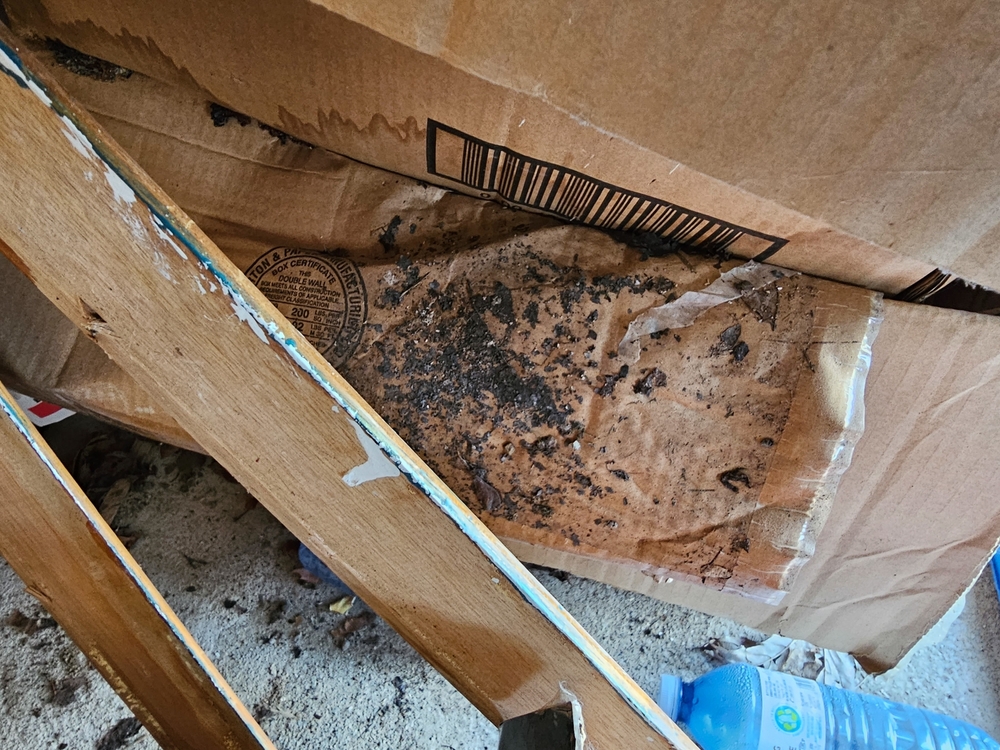
Cardboard is one of the most commonly recycled materials, but water damage changes that. When cardboard gets wet, the fibers break down and cannot be recovered easily. If it is moldy, it introduces biological contaminants into the recycling process. Wet boxes from rain, leaks, or spills should go in the garbage or compost, never the bin. Wet cardboard is something you should never recycle, no matter how well-intentioned you are.
Disposable Diapers
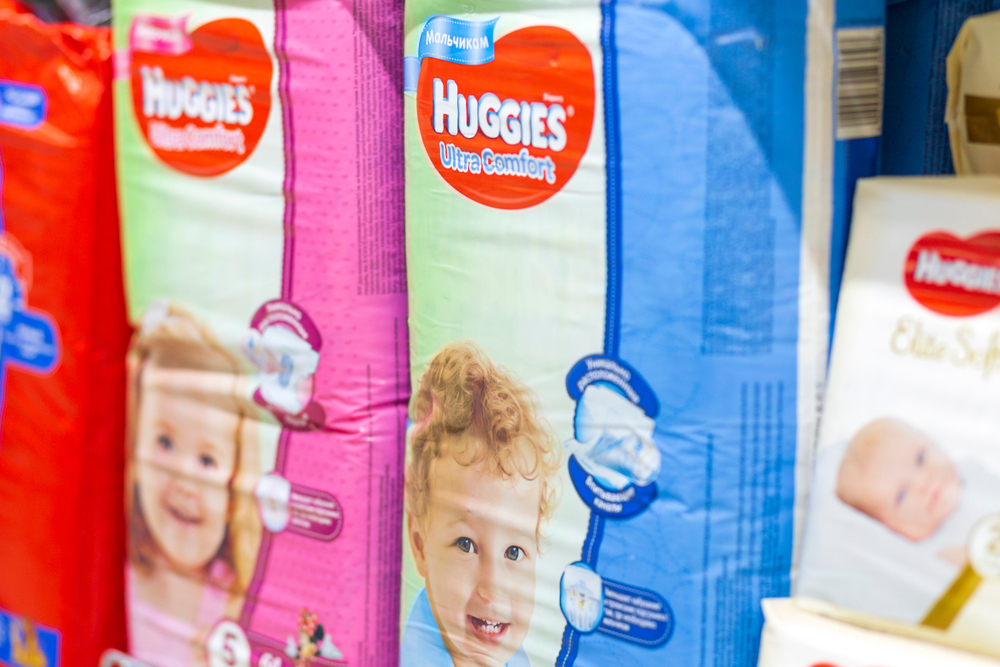
Diapers are full of mixed materials including plastics, absorbent gels, and human waste. This combination makes them impossible to recycle safely. Even unused but opened diapers should not go in the recycling bin. The layers inside are engineered for containment, not recovery. Used diapers are a hygiene risk and must always go in the trash. These are a clear example of what you should never recycle under any circumstance.
Electronics and Batteries
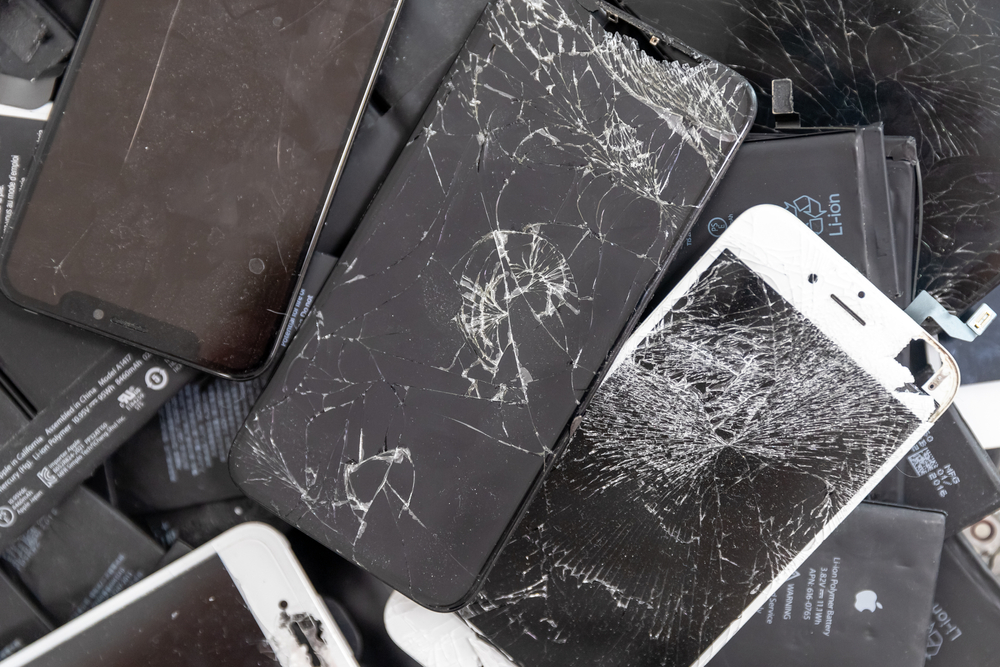
Old phones, laptops, and batteries might contain recyclable components, but they cannot go in your curbside bin. They pose a fire hazard and leak toxic substances. Special e-waste programs exist for these items, and that is where they belong. You should never recycle electronics in a regular household bin. Always use a certified collection point for these items to ensure safe handling and recovery.
Styrofoam Containers
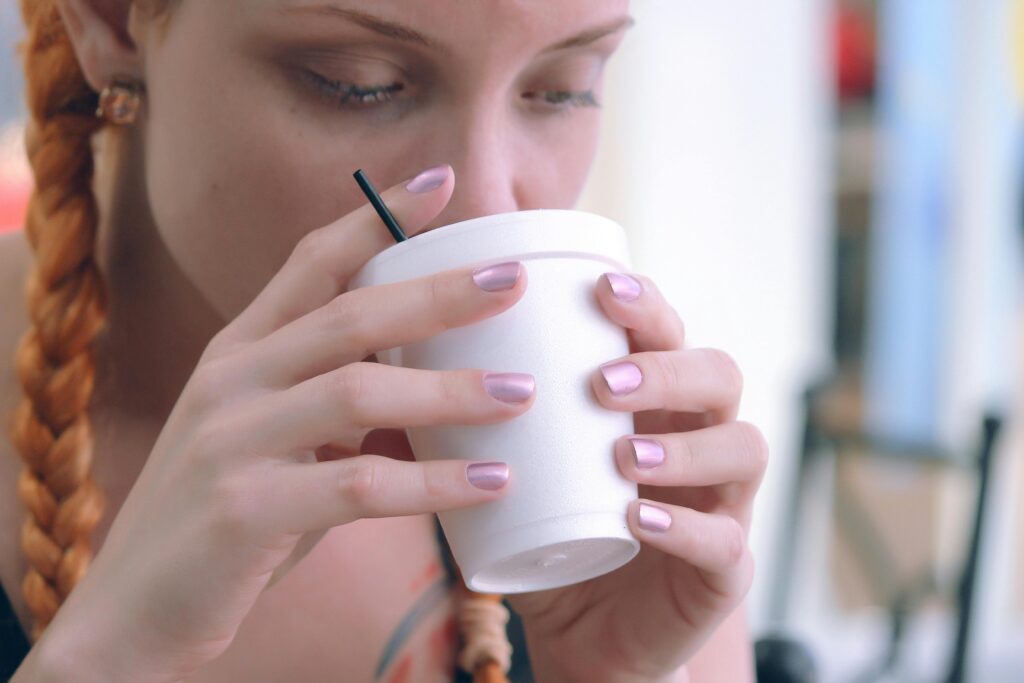
Styrofoam, or expanded polystyrene, is light and bulky but very difficult to process. Most recycling centers do not have the ability to handle it. Foam takeout containers, cups, and packing peanuts usually end up in the landfill. Some specialty programs collect foam, but it is rare and often costly. Unless you know a local option exists, assume this is something you should never recycle at home.
Toothpaste Tubes and Cosmetic Packaging
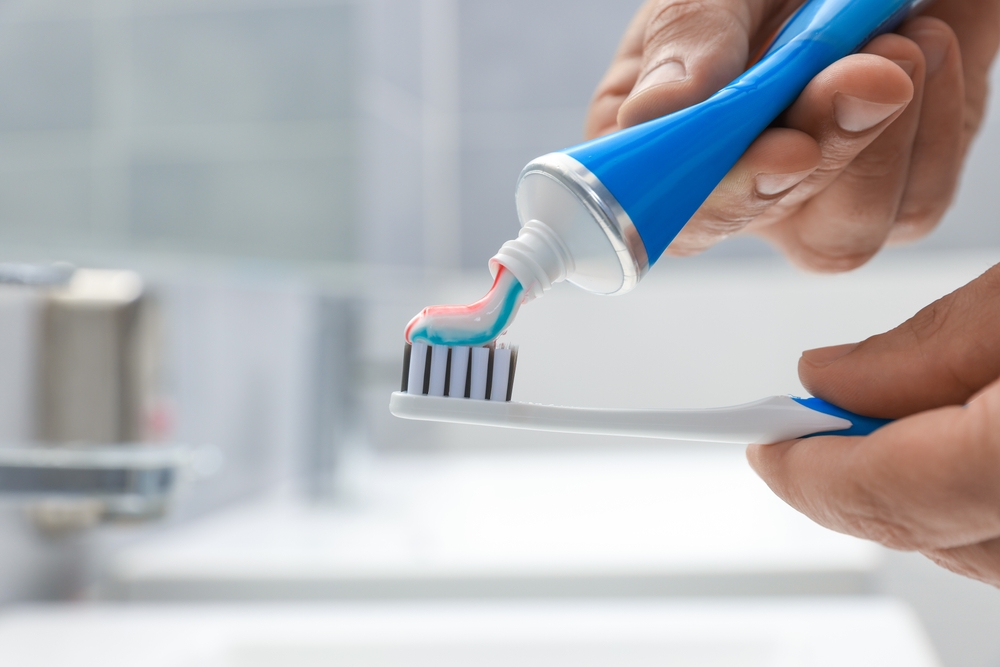
Toothpaste tubes, mascara wands, and lotion bottles are made from layers of different materials. These layers are fused together, making them nearly impossible to separate during recycling. They often contain leftover product, too, which adds contamination. While some brands offer take-back programs, your bin is not the right place. These are personal care items you should never recycle through traditional means.
Clothing and Fabric Scraps
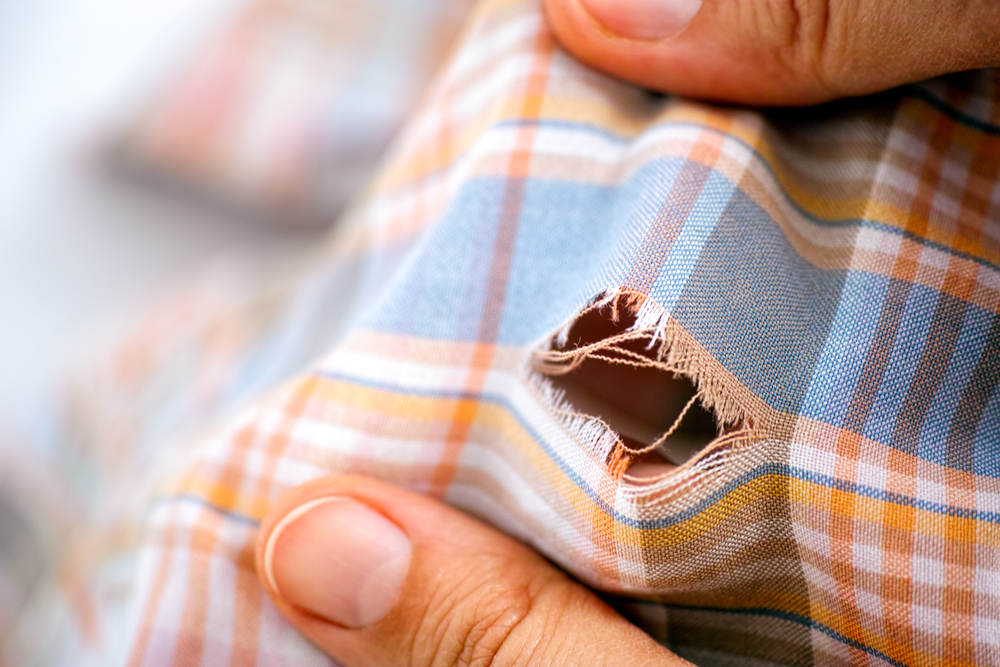
Textiles like old shirts, towels, or fabric remnants do not belong in your recycling bin. These items get tangled in machinery and cause serious processing problems. Instead, donate wearable clothing to charities or use textile recycling drop-offs. If the fabric is too worn, it should be disposed of through fabric-specific waste channels. Household fabrics are something you should never recycle with paper or plastic items.
Hangers
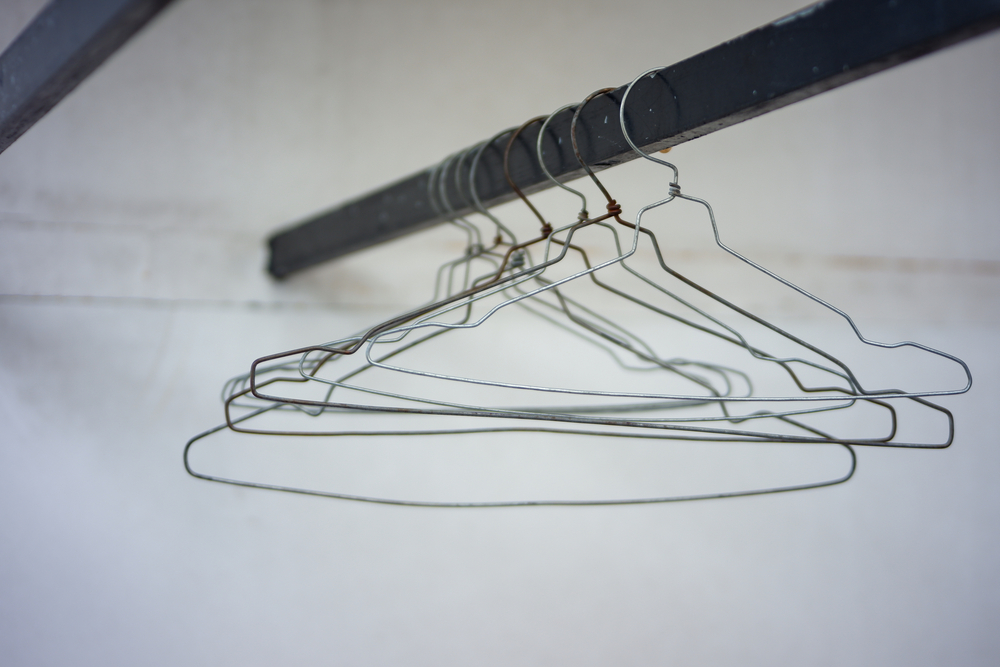
Wire hangers and even plastic hangers seem recyclable, but they are not accepted in most programs. Metal hangers damage equipment, and plastic ones are often made with mixed resins. Dry cleaners may take them back, and some metal scrap yards accept wire versions, but curbside bins are not the answer. If they are bent, broken, or unwanted, consider donation before tossing them. Hangers are one of the most commonly mistaken items you should never recycle.
Think Before You Toss
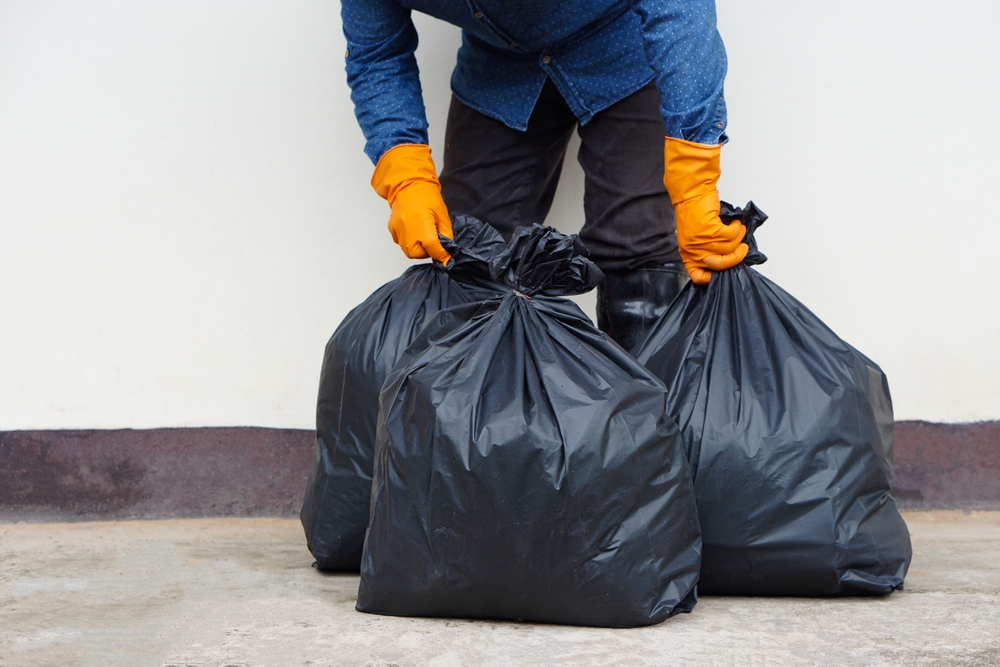
Recycling only works when the right materials are sorted correctly. Tossing non-recyclable items into your bin might seem harmless, but it creates extra waste and makes recycling more expensive. The next time you finish a meal, clean the bathroom, or unpack groceries, think before you toss. If you are not sure, leave it out or look for special disposal options. These twelve items are just some of the things you should never recycle, and learning them helps protect the planet and the system that keeps it running.
Read More: 25 Ways To Reuse and Recycle Old Pallets to Brighten Up Any Interior!
Disclaimer: This article was created with AI assistance and edited by a human for accuracy and clarity.
